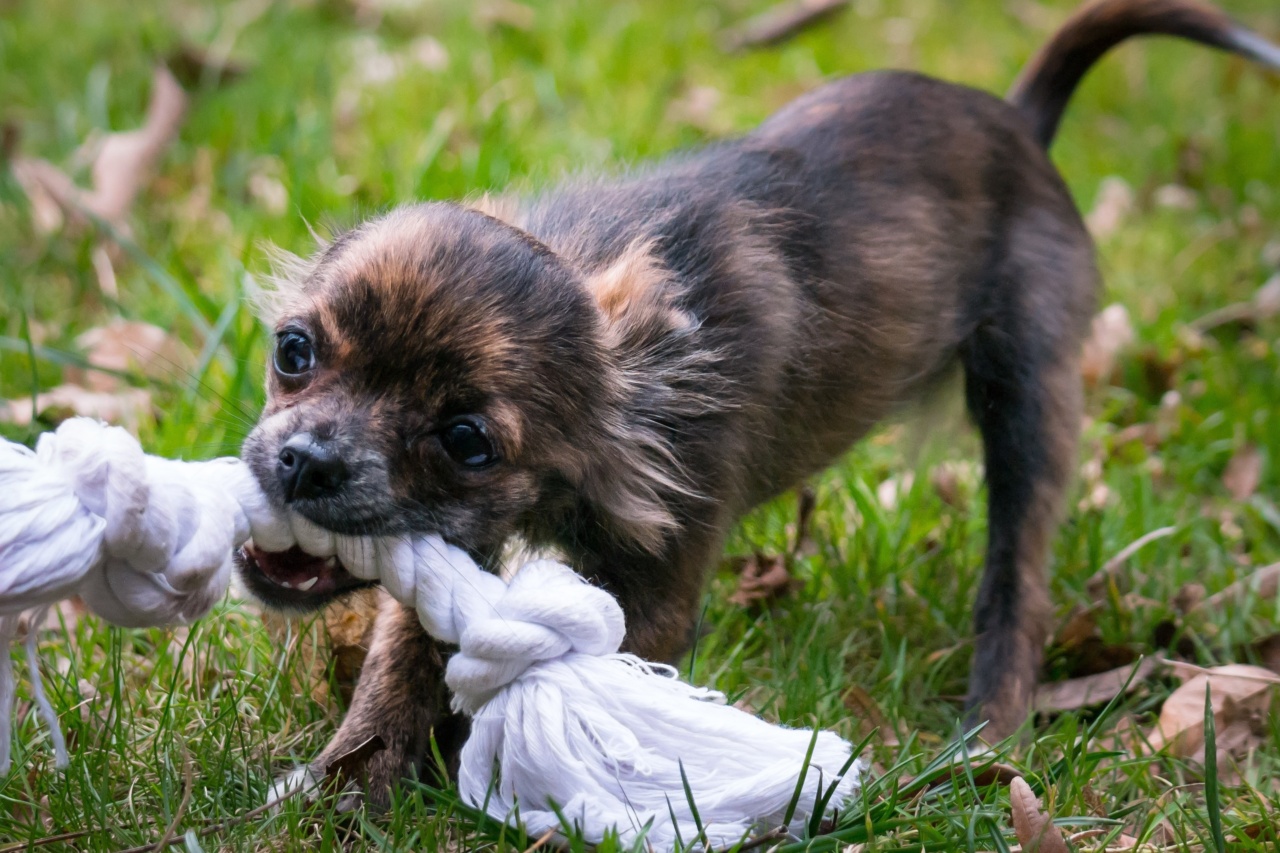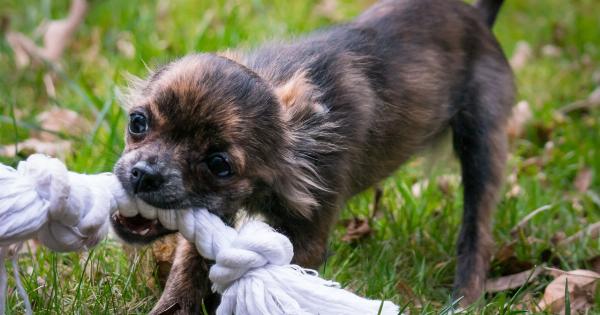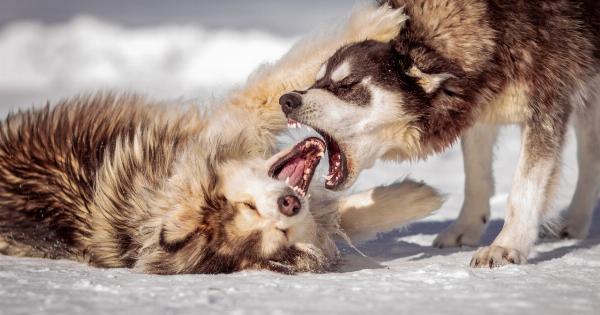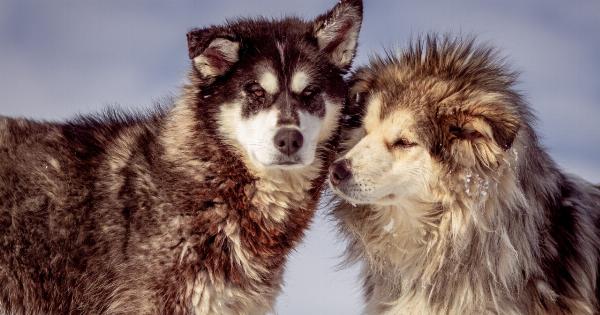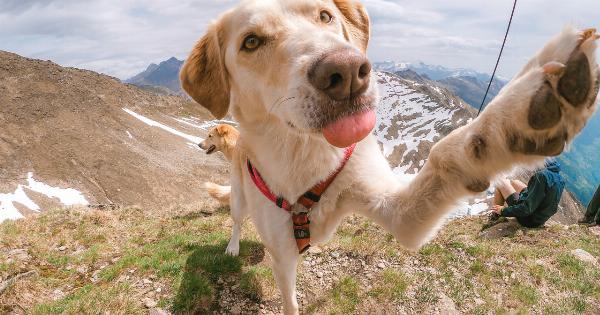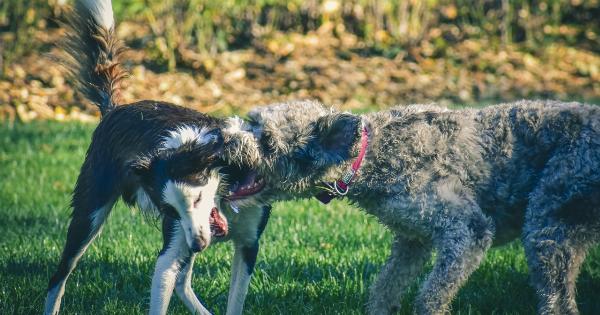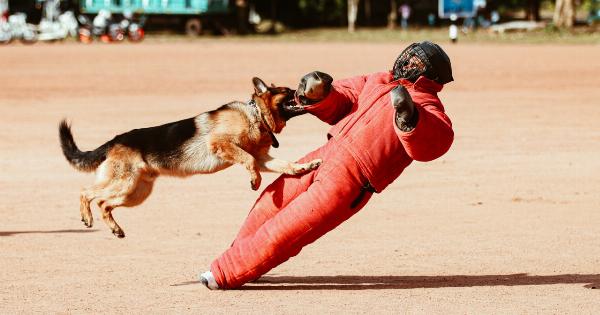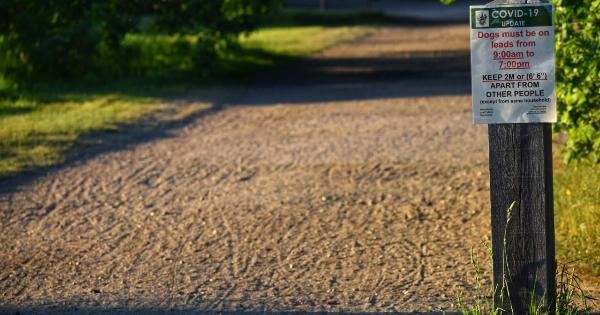Dogs are considered to be our best friends. They are loyal, affectionate, and protective. Having a dog as a pet is a dream come true for many people. However, there are instances when our furry friends become aggressive and end up biting us.
The experience can be traumatizing and sometimes, fatal. But, what causes dogs to bite?.
1. Fear and Anxiety
Dogs are sensitive creatures that can easily get frightened by unfamiliar situations, objects, and people. A fearful dog may bite as a defense mechanism when it feels threatened and there is no other means of escape.
For instance, a dog that has never seen a vacuum cleaner before may attack it out of fear. As a dog owner, it’s essential to understand your pet’s triggers and avoid exposing them to situations that make them uncomfortable.
2. Territorial Aggression
Dogs are naturally protective of their territories, which in most cases, include their owners and homes. If a strange person or animal enters your home, your dog’s natural instincts will kick in, and it may become aggressive and territorial.
This type of aggression can be dangerous, especially if your dog is not well trained and socialized.
3. Pain and Illness
When dogs are in pain or feeling unwell, they may become irritable and aggressive. It’s their way of sending a message that something is wrong. Pain may also cause your dog to lash out and bite as a means of self-protection.
It’s essential to check your dog’s health regularly and take it to the vet when you notice any changes in its behavior.
4. Lack of Socialization
Dogs are social animals that require interaction with other dogs and humans to develop social skills. If a dog has not been socialized at a young age, it may become aggressive towards other animals and people.
Dogs that have had negative experiences with humans or other dogs are more likely to become aggressive and bite.
5. Provocation
Provocation is one of the leading causes of dog bites. People may unintentionally provoke dogs by invading their personal space, touching them unexpectedly, or teasing them.
Children are most susceptible to provoking dogs, and they tend to suffer the most severe injuries. It’s essential to teach children how to interact with dogs safely and avoid situations that may lead to bites.
6. Predatory Drive
Dogs are predators by nature, and some breeds have a higher prey drive than others. For instance, hounds, terriers, and some shepherd breeds have a strong instinct to chase and catch prey.
When dogs see small animals, such as squirrels or birds, they may chase after them, and in some instances, they may even attack and bite them.
7. Genetics
The breed of a dog plays a significant role in determining its behavior. Some breeds are more prone to aggression and biting than others. For instance, breeds such as Pitbulls, Rottweilers, and Doberman Pinschers have a reputation for being aggressive.
Although genetics may predispose a dog to aggression, proper training and socialization can help prevent biting incidents.
8. Protecting Resources
Dogs are protective of their food, toys, and other resources. If a person or another dog tries to take away a resource that your dog considers valuable, it may become aggressive and bite.
It’s essential to teach your dog that sharing is essential and that it’s okay to let go of resources when asked.
9. Dominance Aggression
Dominant dogs may exhibit aggressive behavior towards humans or other dogs to assert their dominance. This type of aggression is most common in untrained dogs that have not been taught proper social skills.
As a dog owner, it’s essential to establish yourself as the alpha and train your dog to follow commands.
10. Protective Behavior
Dogs are protective of their owners and may become aggressive towards strangers who they perceive as threats. This type of aggression is most noticeable when a dog is on its leash and feels that it cannot flee from danger.
It’s essential to teach your dog to trust humans and to differentiate between perceived threats and non-threats.
Overall, dog bites can be prevented by understanding and addressing the underlying causes of aggression.
As a dog owner, it’s your responsibility to provide your dog with proper training, socialization, and care necessary to keep it safe and healthy.
